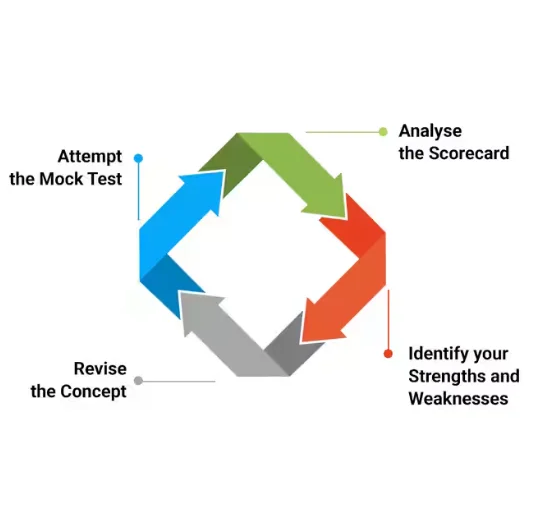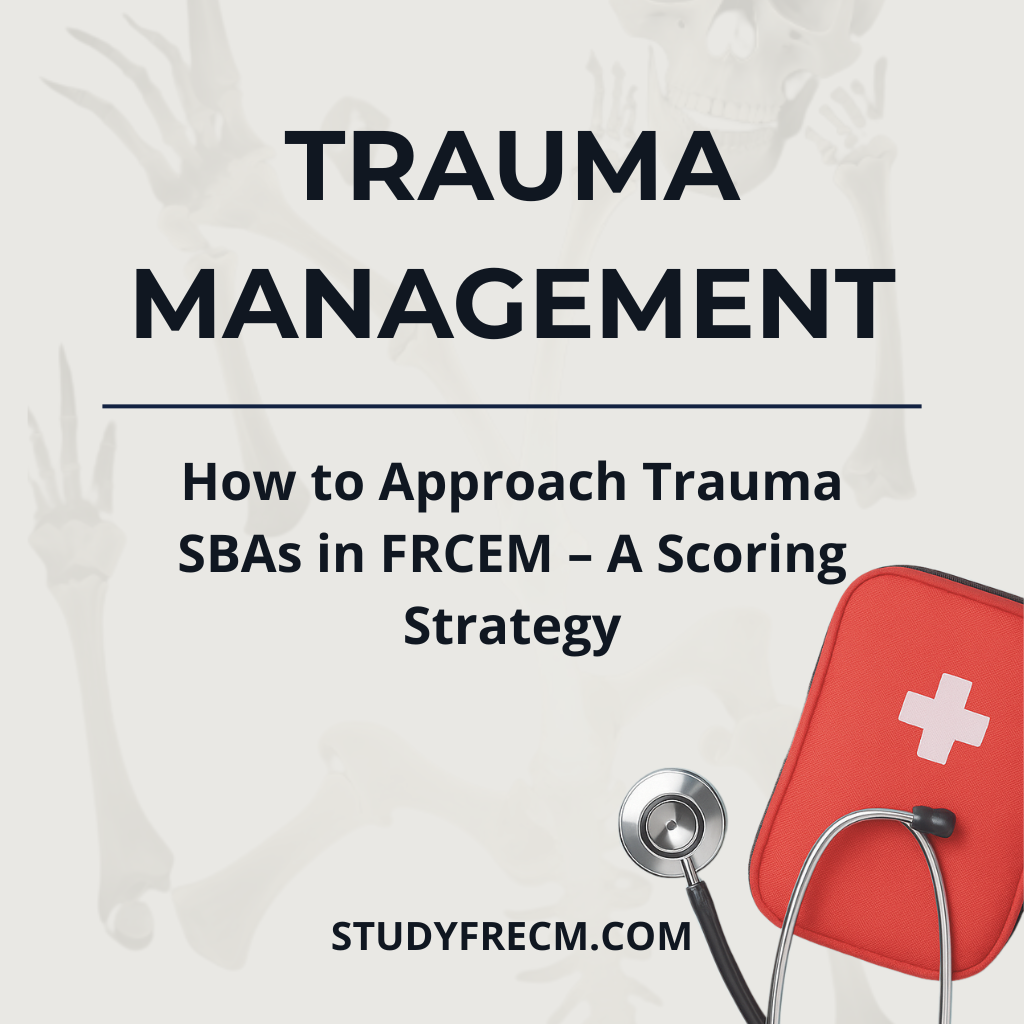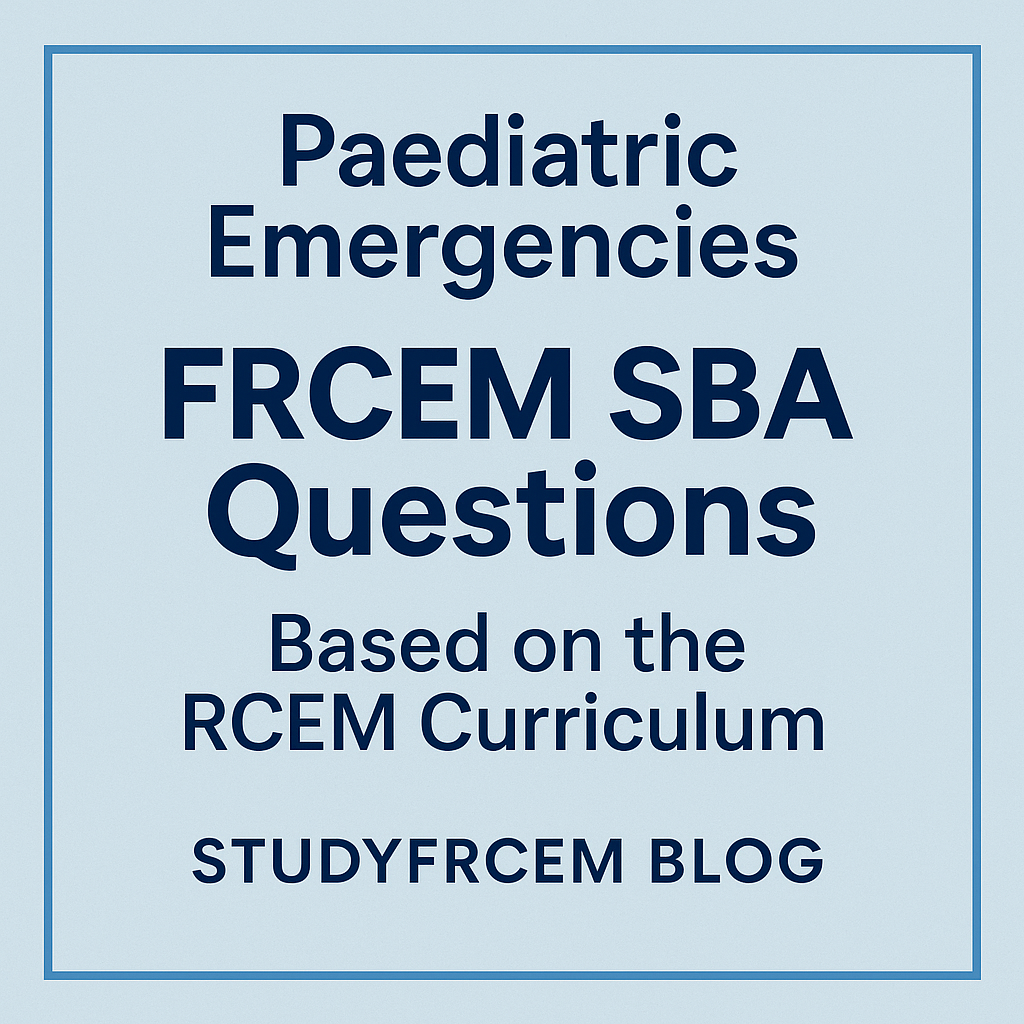Mock exams are a crucial part of FRCEM exam preparation. They help identify knowledge gaps, improve time management, and boost confidence. However, taking a mock test is just the first step in correctly analysing your performance, which truly leads to improvement. In this guide, we’ll walk you through the best strategies to assess your mock results effectively and refine your exam approach.
1. Track Your Overall Score and Performance Trends
After completing a mock FRCEM SBA exam, start by looking at your overall score. Is it improving over time?
- Identify whether you’re consistently ****above or below the passing ****mark—this changes from exam to exam, but it normally hovers around 60%.
- Compare your latest mock test with previous ones.
- Identify whether your scores are stable, improving, or declining.
- Focus on areas where you lost the most marks.
After you have completed a simulated FRCEM SBA exam, the first step is to examine your overall score. Consider whether there has been a trend of improvement over time. Ascertain if you are regularly scoring above or below the required passing mark. Compare your latest mock examination results with those from prior tests. Analyse whether your scores are stable, increasing, or decreasing. Pay particular attention to the sections where you lost the most points.
2. Identify Your Weakest Subjects and Question Types
It should be noted that the questions in the FRCEM SBA exam are not uniformly important. Some areas may demand a more thorough examination than others. Reflect on these questions: Which subjects resulted in the lowest scores, such as resuscitation, trauma, and toxicology? Did you encounter more difficulties with clinical guidelines or with diagnostic reasoning? Were your mistakes attributed to a lack of knowledge or a misinterpretation of the questions?
Focus on high-yield topics and revise weak areas using structured resources.
3. Analyse Your Mistakes: Why Did You Get It Wrong?
Mistakes are valuable learning opportunities. Categorise your incorrect answers into these groups:
Knowledge Gaps – You didn’t know the correct answer.
Misreading the Question – You overlooked key details.
Rushing Through Questions – You selected the first reasonable answer without thinking critically.
Poor Time Management – You ran out of time, leading to rushed or skipped questions.
Fix It: Write down common patterns of mistakes and focus on reviewing your incorrect answers after each mock test.
4. Assess Your Time Management
Time management is critical for FRCEM SBA exams, where candidates must answer many questions within a limited time.
Key time-tracking metrics:
- How long did you take per question?
- Did you have time to review flagged questions?
- Did you finish the exam, or did you run out of time?
Fix It: Practice paced question-solving e.g. 1-minute per question.
Use mock exams to simulate real exam pressure.
Avoid overthinking—move on if you’re stuck.
Effective time management is essential for the FRCEM SBA examinations, as candidates are required to respond to a significant number of questions within a constrained timeframe. Important metrics to monitor include the duration spent on each question, whether there was sufficient time to revisit flagged questions, and whether the exam was completed or if time was insufficient.
To improve performance, it is advisable to practice answering questions at a steady pace, such as allocating one minute per question. Additionally, utilising mock exams can help replicate the pressure of the actual examination. Avoiding excessive deliberation is important; if a question proves challenging, it is best to proceed without dwelling on it.
5. Focus on High-Yield Exam Strategies
The results of your mock performance should guide your approach to the final examination. Focus on refining the following aspects:
- Elimination Technique: Eliminate obviously wrong answers to increase your accuracy.
- Pattern Recognition: Detects common formats of questions and structures of answers.
- Clinical Guidelines: Ensure you are well-versed in the RCEM and NICE guidelines, as many questions are based on these standards.
- Mock Exam Simulations: Complete practice exams in settings that replicate the actual examination conditions.
6. Create an Action Plan for Improvement
After analysing your mock exam performance, create a structured study plan:
Step 1: Review incorrect answers and understand why you got them wrong.
Step 2: Allocate extra time for weaker subjects.
Step 3: Set a schedule for re-attempting mock tests under timed conditions.
Step 4: Use question banks and revision courses to reinforce learning.
Final Thoughts
Mock exams are an essential tool for FRCEM exam success, but the real improvement comes from analysing your results effectively. You can significantly boost your exam performance by tracking progress, identifying weaknesses, managing time efficiently, and applying smart revision techniques.
Starting today! Take our free FRCEM SBA quiz and refine your approach.
Need expert guidance? Contact us for personalised advice.






